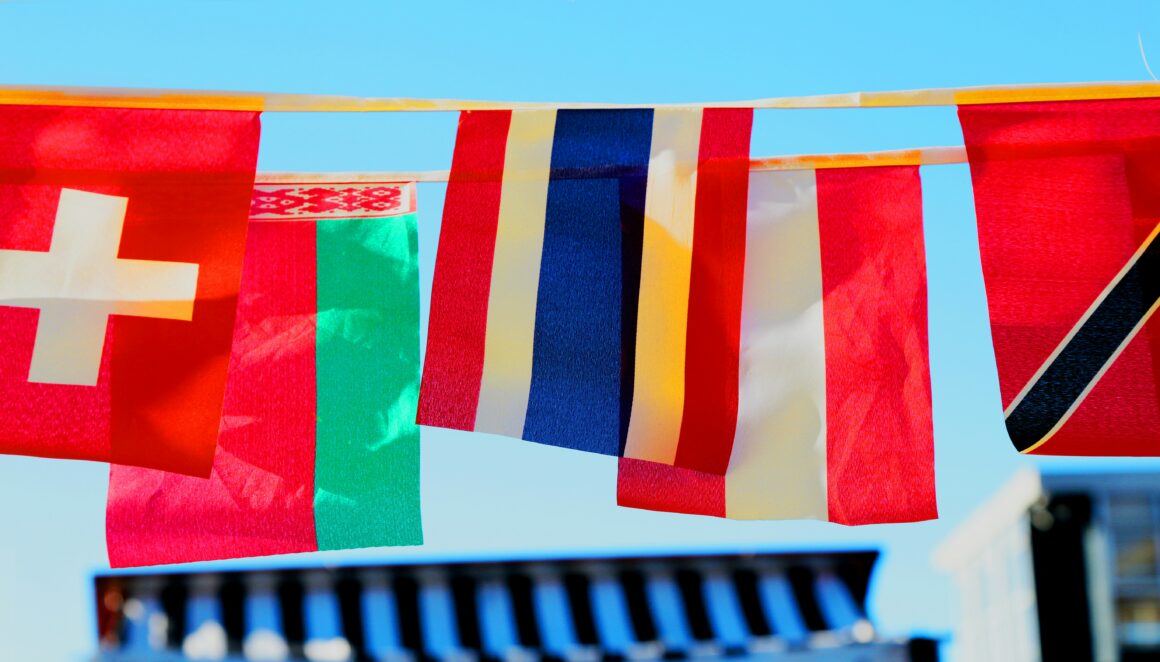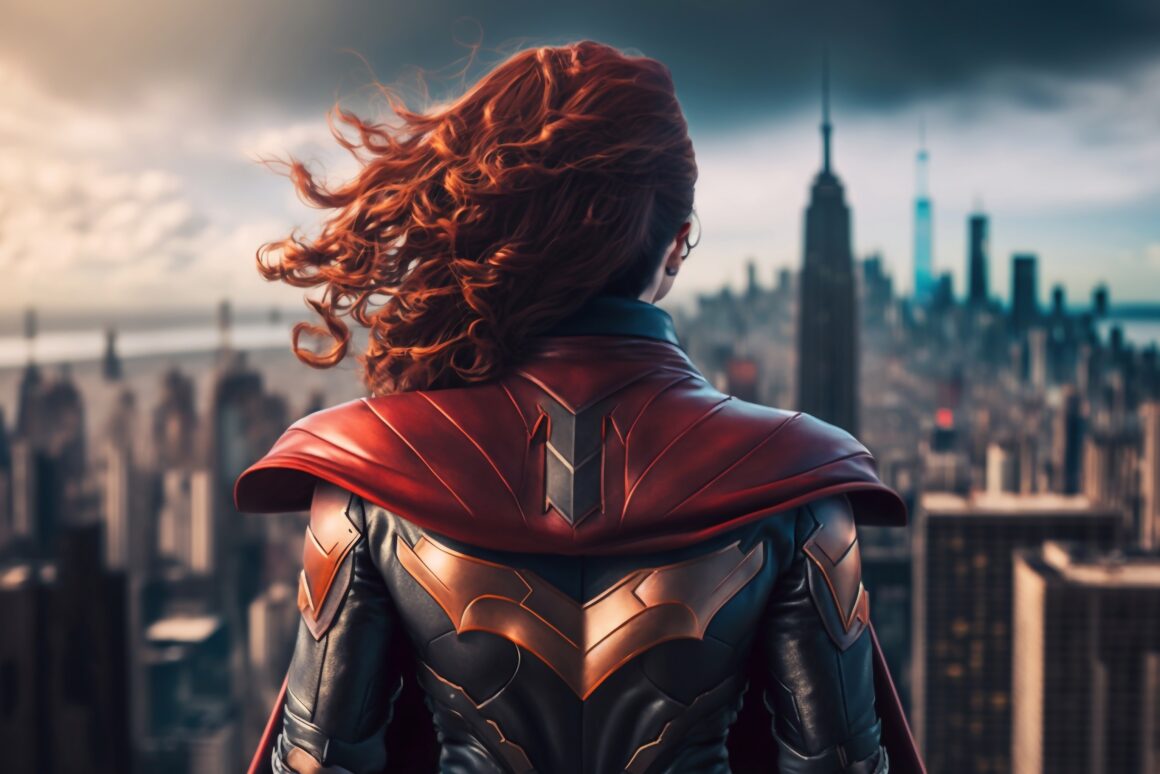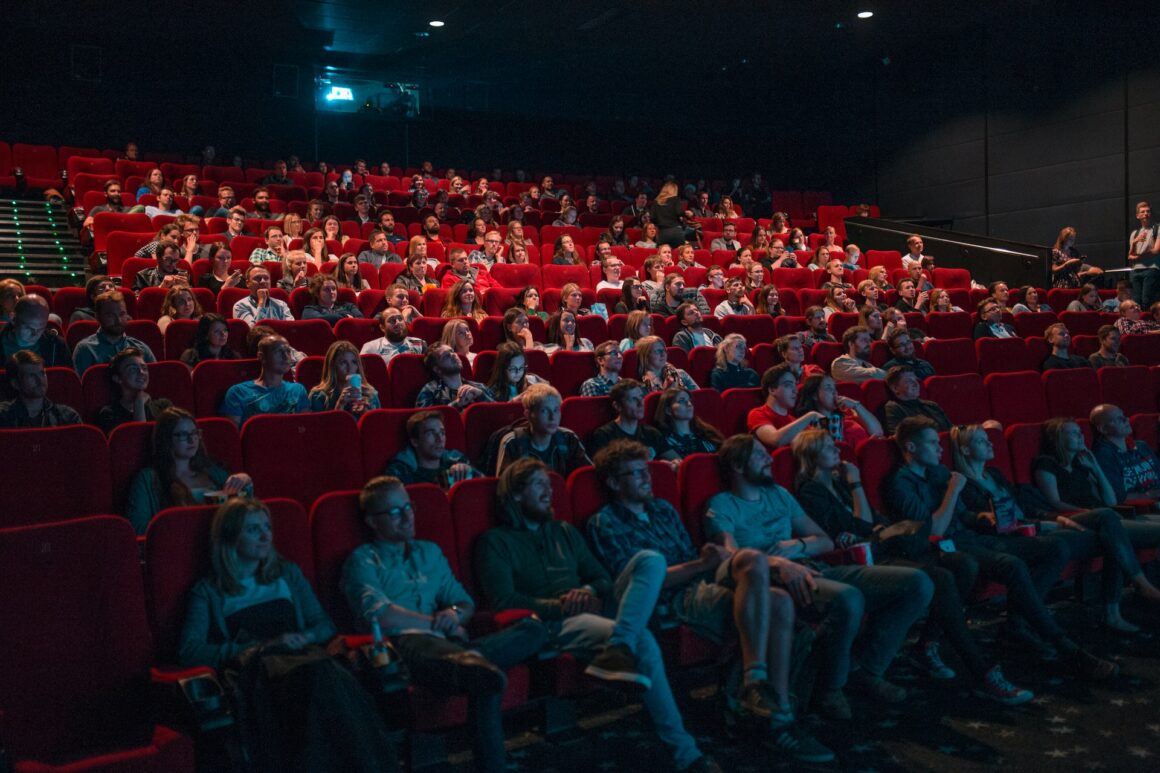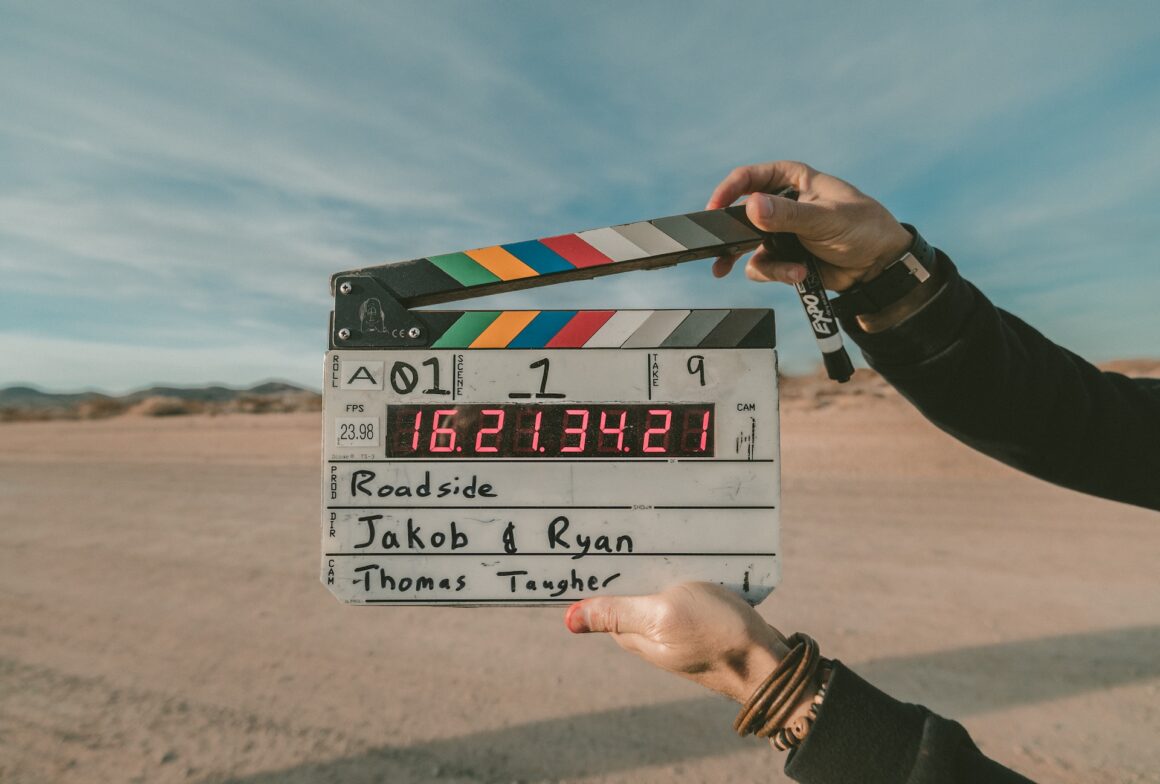Photo Credit: @booksnlattes
I am so excited to finish reading the award winning book by Amanda Lovelace, The Princess Saves Herself In This One. It is a journey of female empowerment, one that I openly ask any young woman to read. Here is my favorite poem from the book:
“once upon a time, the princess rose from the ashes her dragon lovers made of her and; crowned herself the mother-fucking queen of herself. – how’s that for a happily ever after?” -Amanda Lovelace
I was lucky enough to track Amanda down and gather advice for young women and her perspective on modern day poetry. Below holds our conversation.
Why do you write poetry and think it’s important for women to write poetry?
I have a lot of trouble expressing myself out loud because of anxiety related issues, so the act of expressing myself through the written word—where it feels so much safer and quieter—has always been very cathartic for me. It’s also a place where I feel safe expressing what it is to be a woman in a world that doesn’t value us as human beings. From birth women are taught that their struggles are nothing in comparison to the struggles of men. So many times I have doubted the validity of my own feelings because of this, and I know I’m not the only one. But it’s important for women poets to stand against the idea that our feelings are shallow and keep writing and sharing our work anyway. The young girl who needs your poem is more important than the person who took one look at you and decided you were a foregone conclusion as a writer simply because you’re a woman. You do not need anyone’s permission to express yourself; you do not need anyone to validate your experiences. Just write.
I’ve noticed a rise in an appreciation for female poets, what are your thoughts on this?
I think the rise in appreciation for women poets goes hand in hand with the rise of feminism in our culture. Women have gotten to a point where they’re fed up and done being quiet, and poetry is the means by which they get to express everything they’ve ever been scared to say in regards to our sexist society. In any other setting, we get shut down immediately . . . in classrooms, at meetings, at the dinner table—you name it. Readers can get angry and close the book, but the words will always be there. If not in the minds of other women, all over social media. There’s power in that. Feminist poetry has become a bonding experience, a revolutionary experience.
You are in college! WOW! Tell us about your college experience and offer advice to young creatives facing rejection for college.
Yes! I’m actually graduating with my B.A. in English with a minor in Sociology this May. It never stops feeling surreal. I had to quit high school at the beginning of junior year, so this was the last place I ever expected to be. I was a poet long before starting college, but college really pushed my boundaries and helped me become the writer I always hoped to be between reading/analyzing a wide range of poetry as well as writing it. My advice to young creatives facing college rejection: the rejection will come and it will hurt, but know that it will help you get to the place you were always meant to be. When one door closes, another one opens. It’s a cliché that would have made teen Manda roll her eyes till blindness set in, but experience has taught me that it’s a cliché for good reason.
Do you feel there is a need for women of color or intersectionality in poetry?
Absolutely. While publishing has certainly come a long way in terms of being more inclusive, it remains to be a long work in progress. When I walk up to the poetry section at my local bookstores, I still see mainly white male poets on display—most of them long since deceased. Despite its massive popularity, it wasn’t until recently that I even spotted a single copy of Citizen by Claudia Rankine on the shelves at a particular bookstore. In some places, I can’t find any of Lang Leav’s works. It’s mindboggling to me how well-known WoC poets are getting pushed to the sidelines in such a blatant manner. The truth is that the best talent of this era in poetry is being ignored in so many corners because of racism and sexism. Personally, I try my best to buy and promote non-white poets; it’s hard enough to make it as a poet, but it’s even harder to try to succeed as a person of color because of systemic racism. And then when you throw being a woman into the mix, things get even more desperate. Supporting women of color poets is vital.
Tell us about your amazing book!
the princess saves herself in this one is the story of my life thus far told in three parts (“the princess”, “the damsel”, and “the queen”) with a concluding section dedicated to the reader, “you.” It’s a story of rising from the ashes of abuse; it’s the story of how I survived and keep surviving till this day. It’s the story of how I learned that a knight in shining armor was never going to come save me, and that I was the one who had to save myself. It is my plead to girls and women everywhere to keep moving forward no matter what circumstances hold them down. No matter how bad it gets, it’s not the end. In the spirit of Amy Kaufman and Meagan Spooner, clear skies await you.
I encourage you to pick up a copy of this remarkable piece of art. It is imperative we support female poets.




